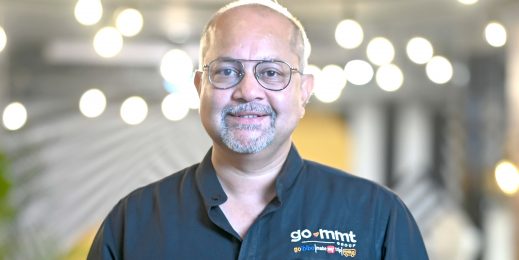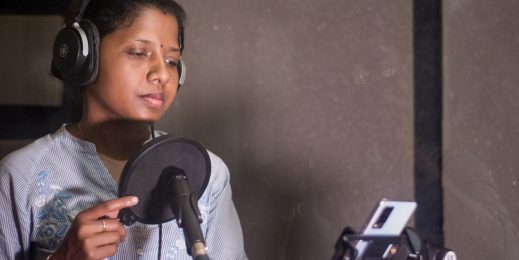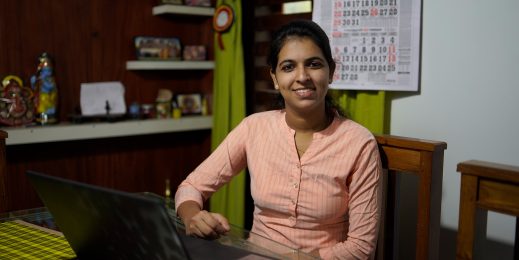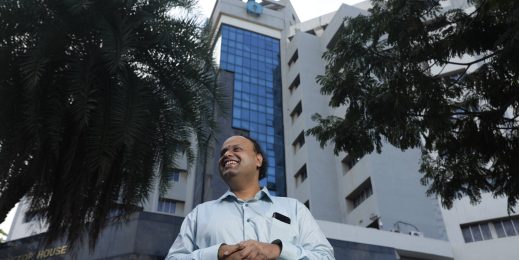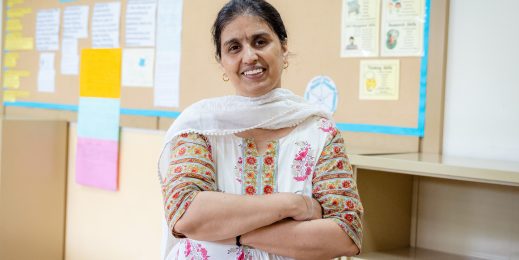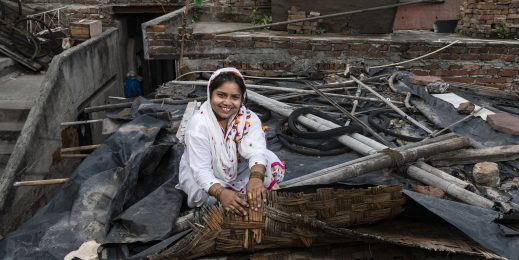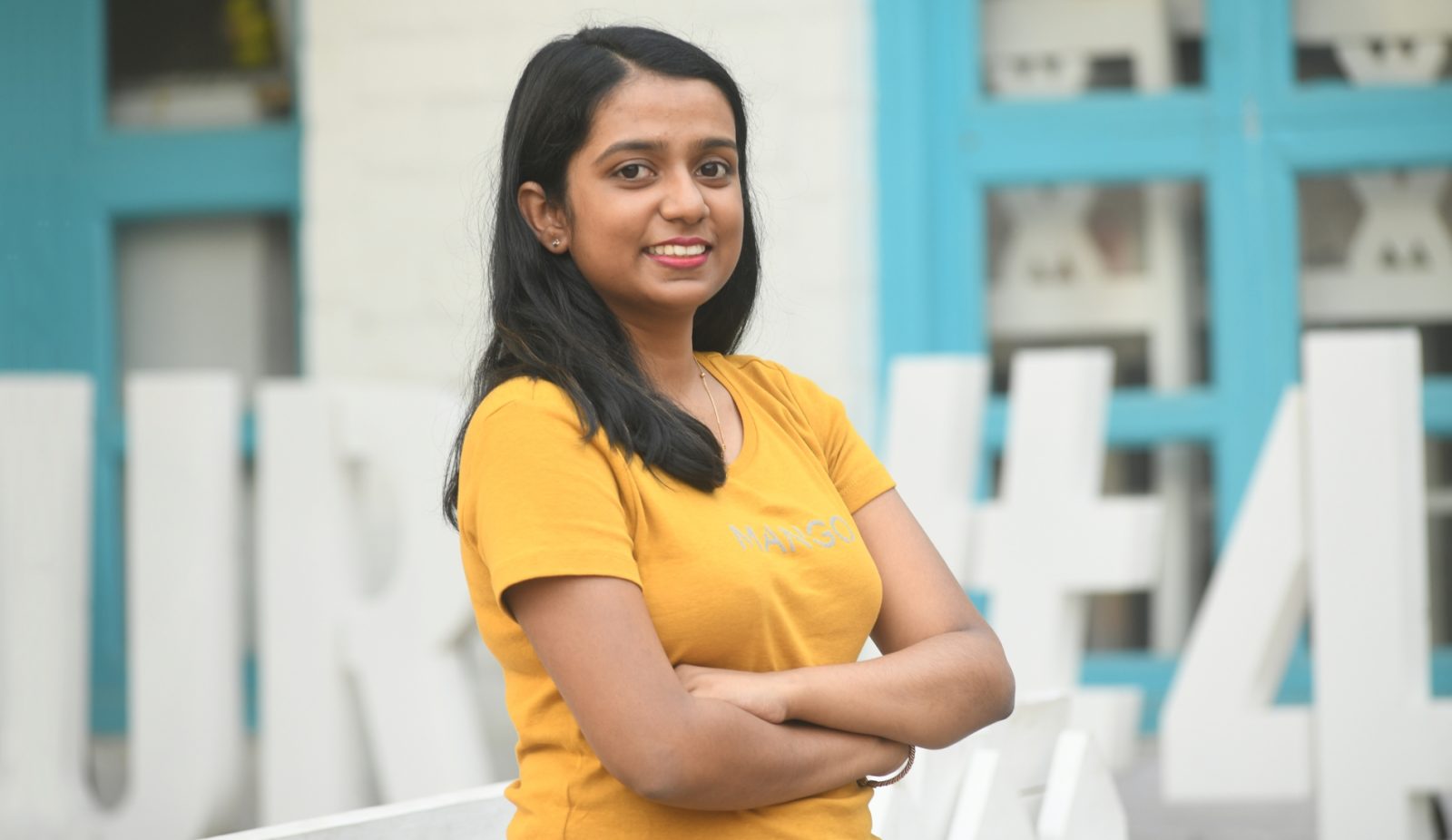
From the Himalayas to hi-tech: Self-learning opens a path to a new career
An online digital skilling initiative delivers the opportunity of a lifetime
When India went into a pandemic lockdown last year, Haimantika Mitra went online. Isolated for months at her home in the shadow of the Himalayas, she entered a self-learn skills program from Microsoft, taught herself how to code and much more.
The many lonely hours she spent in front of screen have now paid off: She’s just joined the company as a support engineer intern, beating hundreds of other applicants after a grueling six-weeks hackathon.
Mitra lives in Siliguri. It’s a small town surrounded by lush tea estates and breath-taking landscapes. But it’s far from the nation’s burgeoning tech-hub cities and prestigious colleges that have been driving India’s digital transformation.
A few years ago, she enrolled in the electronics engineering stream at a local college, where teachers imparted theoretical knowledge but offered little by way of practical up-to-date experience.
It’s an all-too-common outcome. Nearly 1.5 million engineers graduate every year in India–but many do so with lacklustre qualifications and few in-demand skills.
At a time when cutting-edge technology can become obsolete in a matter of months, Mitra was at a loss as to how she would compete for jobs with other students from more renowned engineering schools.
She simply didn’t know where to begin and so searched the internet. Before long she discovered Microsoft Learn–an online self-learn platform that is centred on Microsoft technology skills.
Its task-based, interactive modules and free content opened doors that she hadn’t known existed. Soon, Mitra was participating in discussions on Microsoft’s online forums, teaming up for hackathons, and attending sessions by experts.
One such session by Dona Sarkar, the advocacy lead for Microsoft Power Platform, changed the course of her dreams and her career trajectory.
“I always had a lot of ideas, but I didn’t know how to build an app. I had no coding experience. Through Dona’s session, I discovered Power Platform and all the things I could do with it,” Mitra says.
Sarkar’s session ended with a task to build an app. Using what she’d learned from the session, Mitra began in earnest. Whenever she was stuck, she simply referred to documents on Microsoft Learn and moved ahead.
“I was so impressed with her last April when she created a Power App less than 24 hours after attending one of my Power Platform training sessions. Over the course of the next month, she created many more apps, more advanced than the previous (ones),” says Sarkar. “We asked her to speak at Build 2020 to share her story and I also asked her to speak at Start. Dev. Change to teach other beginner learners about Power Platform. I loved watching her find a fantastic Power Apps internship, but I am overjoyed she is now my colleague here at Microsoft. I can’t wait to meet her in person.”
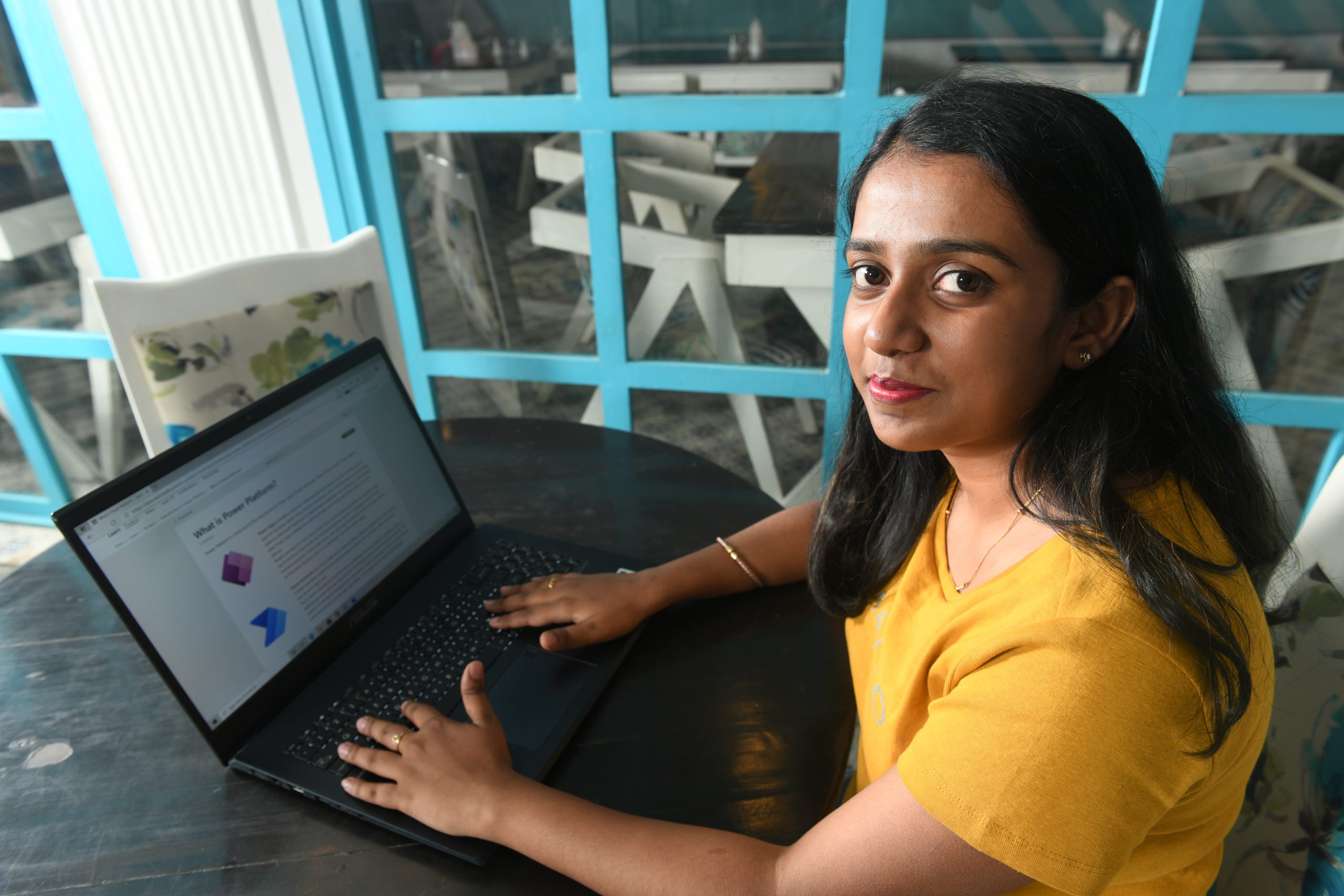
Similarly, Mitra began to teach herself about Microsoft Azure. However, Azure needs hands-on practice for which she required credits to run her code and host her apps. This is when she found out about Microsoft Learn Student Ambassadors program and applied for membership.
This global program helps participants develop technical and career skills. Membership to the program not only offers Azure credits but also subscriptions to Microsoft 365 and developer tools.
Now apart from following the step-by-step tutorials in interactive coding environments, she could also track her progress, check her knowledge, and validate her scripts to earn points, achievements, trophies, and levels—which helped her build her credibility.
“Microsoft Learn was a driving force,” Mitra says, “It helped me better understand the tech stacks I was interested in. The Student Ambassador program also provided me a space to put into practice what I’d learnt.”
That itself has been a sea change from the kind of education she’d been used to. And so, even though someone such as Mitra didn’t have a formal education in software engineering, when time came, she proved to be a great candidate for the role of support engineer Intern at Microsoft India.
“Microsoft Learn played a major role here,” she says. “I come from an electronics engineering background, so operating systems and networking were new subjects to me. I used it to catch up and keep pace with my fellow applicants. I was already comfortable with Azure since I studied it on Microsoft Learn. All of this helped me ace the process.”
With skills being the new currency in the post-pandemic world, skills-based hires are fast becoming the norm in 2021 and Mitra knows it. As she prepares herself for her new stint, the next step for Mitra is to earn a few Power Platform and Azure certifications under her belt.
“Certifications are a great way to have an edge over other applicants. They aren’t easy to get, so landing one will put me in a certain bracket of applicants. It will also tell the recruiter that I not only have theoretical knowledge but also hands-on practical know-how too,” she says.
She’s also learning Azure DevOps since “it’s all the rage right now”.
As Mitra joins the 2021 batch of Microsoft interns, it’s anything but a small step for this young woman from a small town. It’s a giant leap.
And she’s just getting started.
Top Image: Haimantika Mitra taught herself how to code during the pandemic with Microsoft Learn and landed an internship at Microsoft. (Photo: S Radhakrishna for Microsoft)
Abhishek Mande Bhot is an independent writer and editor covering news, lifestyle, and luxury for publications in India and the US.









